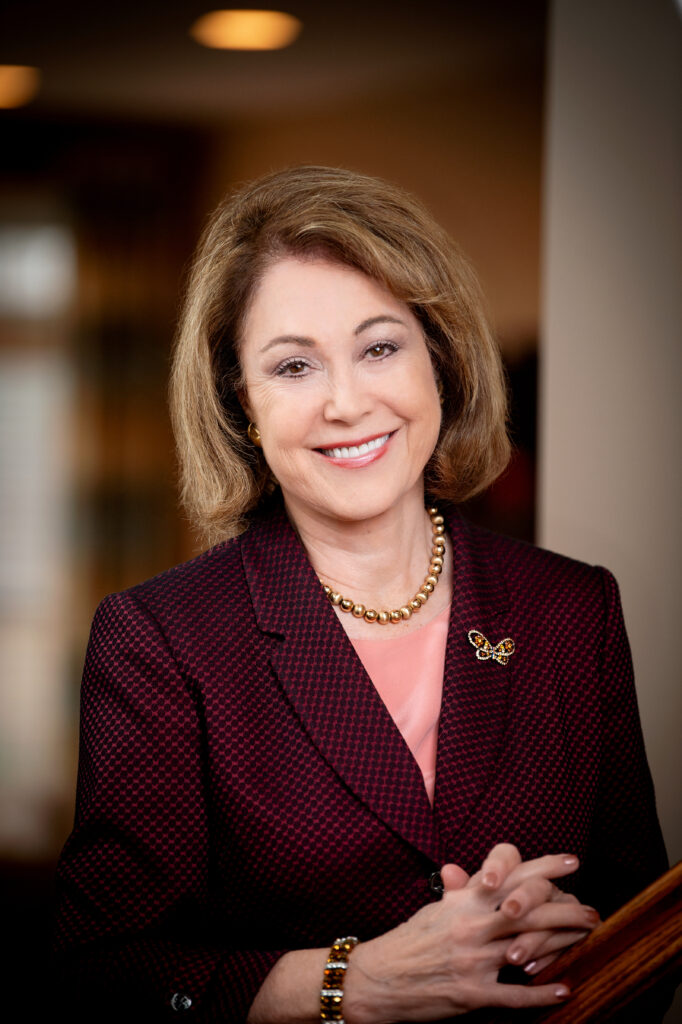In May, the U.S. Senate approved a bill that would permit the importation of foreign prescription drugs if the U.S. Health and Human Services Department certifies them as safe. Senate Bill 1082, introduced by Sen. Edward Kennedy (D-MA), passed the Senate 93-1 on May 9. It still must pass through the House of Representatives before becoming law.
Dubious Origins
The struggle to lower drug prices while keeping consumers safe is a difficult issue, said Ben Zycher, a senior fellow at the Manhattan Institute in New York City. Because drugs are shuffled around the globe, they may appear to be from a country with a reputation for creating safe products, when in reality they’re from somewhere far less trustworthy. Foreign manufacturers reap hefty profits by selling counterfeit or adulterated drugs with less expensive ingredients, he noted.
“You get a system in which drugs are transported, cross-transported, reverse-transported, and it’s unsure where they actually come from,” Zycher said.
Ingredient Integrity
Grace-Marie Turner, president of the Galen Institute, said consumers can’t distinguish between real drugs and counterfeits.
“You’re playing Russian roulette,” Turner said. “You have no idea what you’re buying. This is one of these things where we do need to rely on the government, to protect the integrity of the supply line.”
But members of Congress can’t agree on the proper dosage of government involvement. An amendment sponsored by Sen. Thad Cochran (R-MS), requiring the Department of Health and Human Services to approve incoming drugs, was attached to the bill that passed May 7. In the past, HHS has refused to guarantee that it can confidently certify the safety of imported drugs.
“The amendment ensures imported drugs undergo the same scrutiny in the approval process as domestic drugs,” said Adam Telle, Cochran’s spokesman.
Poor Trade
Lowering prices is the only reason Congress would want to import foreign drugs, Turner said. Supporters of S.B. 1082 say Americans’ prescriptions cost five times more to fill than those in other countries. The Congressional Budget Office found other highly developed countries pay between 35 and 55 percent less.
Peter Pitts, president of the Center for Medicine in the Public Interest in Washington, DC, noted drug prices would fall by only 0.1 percent if Congress allows foreign drugs to be imported. Pitts deemed that a small return given the safety concerns.
“Sometimes,” Pitts said, “a bargain is just too expensive.”
While supporters of importation claim it’s simply free grade, Zycher disagreed. “The importation of drugs subject to price control overseas is no more consistent with free trade than the purchase of stolen merchandise from the back of a truck,” he said.
The White House has said it will strongly oppose any bill that circumvents Food and Drug Administration oversight of imported foreign drugs.
Jillian Melchior ([email protected]) writes from Washington, DC.



